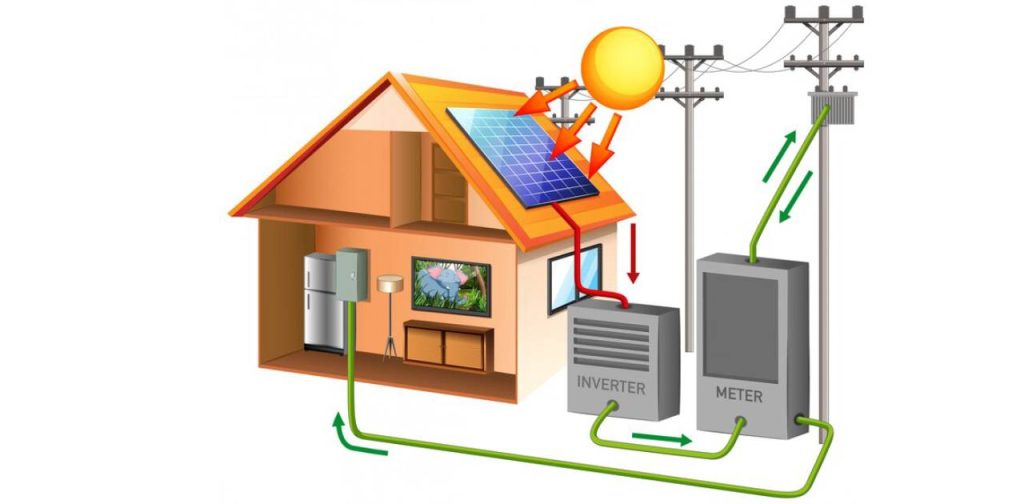Introduction:
In the pursuit of sustainable living, the integration of solar energy into various aspects of daily life is gaining traction. One area where this innovation is particularly impactful is refrigeration or Solar Energy for Refrigeration. The traditional reliance on electricity for cooling systems contributes to energy consumption and environmental strain.
1. Off-Grid Refrigeration:
Traditional refrigeration units rely on a constant supply of electricity, often inaccessible in remote or off-grid locations. Solar-powered refrigeration systems offer a solution by harnessing energy from the sun to power cooling appliances. This is particularly beneficial in rural areas, during outdoor events, or in disaster-stricken regions where a reliable power source may be scarce.
2. Solar-Powered Refrigerators:
Specialized solar-powered refrigerators are designed to operate efficiently with minimal electricity consumption. These units incorporate energy-efficient compressors and advanced insulation materials, maximizing the utilization of solar energy. They can be used in homes, commercial establishments, and medical facilities, providing a sustainable cooling solution.
3. Solar-Powered Ice Makers:
Solar energy can be harnessed to power ice makers, crucial for preserving food and medical supplies in areas lacking reliable electricity. These solar ice-making systems utilize photovoltaic panels to generate power, enabling the production of ice without the need for a constant electrical supply. This innovation is particularly valuable in regions with inconsistent power grids or in disaster relief efforts.
4. Agricultural Cold Storage:
Solar-powered refrigeration is transforming the agricultural sector by offering sustainable cold storage solutions. Farmers can use solar energy to power refrigeration units, preserving harvested crops and minimizing post-harvest losses. This not only ensures food security but also reduces the environmental impact associated with conventional refrigeration methods.
5. Mobile Solar Refrigeration:
Solar energy is also making its mark in the transportation sector with mobile refrigeration units powered by solar panels. These units can be mounted on trucks or vans, providing a green alternative for transporting perishable goods. This is especially relevant in the food industry, where maintaining optimal temperatures during transportation is crucial for quality and safety.
6. Solar-Powered Vaccine Storage:
In remote areas or regions with unreliable electricity, maintaining the integrity of vaccines is a significant challenge. Solar-powered refrigeration plays a pivotal role in ensuring the effective storage of vaccines, contributing to healthcare initiatives worldwide. This technology aids in preventing the spoilage of critical medical supplies and supports vaccination programs in underserved communities.
Conclusion:
Harnessing solar energy for refrigeration purposes is a promising avenue for sustainable living. The applications mentioned above highlight the versatility and adaptability of solar-powered refrigeration systems across various sectors, from agriculture to healthcare. As technology continues to advance, the integration of solar energy for refrigeration solutions not only promotes environmental conservation but also addresses the pressing need for reliable, off-grid cooling options worldwide. Embracing these innovations is a step toward a greener, more sustainable future.





